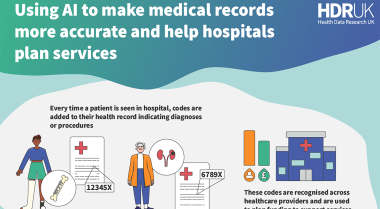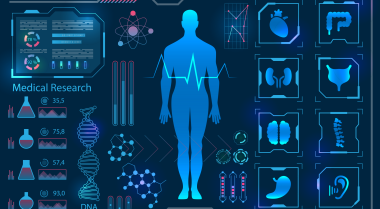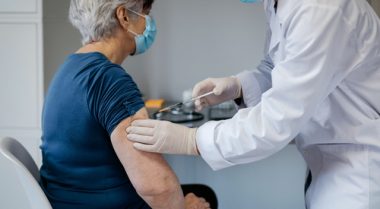Case Studies
Case study examples of how we have enabled research across the UK.
Results for ''

Insights from linking police domestic abuse data and health data in South Wales, UK
This study from Kennedy et al was selected by the HDR UK Impact Committee.

Understanding genetic diversity through RNA data to inform future research
This study from Fachrul et al was selected by the HDR UK Impact Committee.

Better research for pregnant women living with long-term health conditions
HDR UK-funded researchers consulted widely to discover the most important things to research on this under-served group of women.

Revealing drug side effects risk in older people to drive better prescribing
Large scale research linking GP and hospital data has exposed how common drug side effects are in the elderly and the need for better risk-versus-benefit information on medicines.

Changes in preterm birth and stillbirth during COVID-19 lockdowns in 26 countries
This paper by Calvert et al was selected by the HDR UK Impact Committee as an Open Access Publication of the Month.

Using AI to make medical records more accurate and help hospitals plan services
With only 20% of patient health information previously recorded digitally, researchers realised they needed a system that could make health records more useful to hospitals to improve care.

Building a library for sharing tools to analyse health records
HDR UK has created a library that is already improving the quality of research by enabling researchers to share and analyse different phenotypes.

Four-nations study showed vaccine protection against severe COVID-19 outcomes wanes over time
Researchers, part of the EAVE II programme, analysed data from 12.9 million individuals across the UK to explore the effectiveness of COVID-19 vaccines.

Vital research that helped identify the priority groups for COVID-19 boosters
Research part-funded by HDR UK provided a detailed population-level analysis which was invaluable in guiding vaccine prioritisation decisions.
